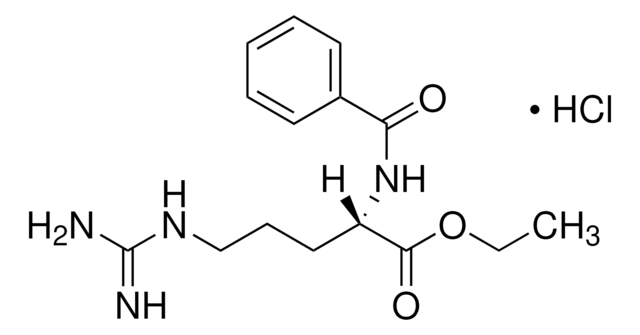D1064
Dihydrokainic acid
≥98% (HPLC), powder
Synonym(s):
2-Carboxy-4-isopropyl-3-pyrrolidineacetic acid
About This Item
Recommended Products
Quality Level
Assay
≥98% (HPLC)
form
powder
solubility
H2O: >10 mg/mL
storage temp.
2-8°C
SMILES string
CC(C)[C@H]1CN[C@@H]([C@H]1CC(O)=O)C(O)=O
InChI
1S/C10H17NO4/c1-5(2)7-4-11-9(10(14)15)6(7)3-8(12)13/h5-7,9,11H,3-4H2,1-2H3,(H,12,13)(H,14,15)/t6-,7+,9-/m0/s1
InChI key
JQPDCKOQOOQUSC-OOZYFLPDSA-N
Gene Information
human ... SLC1A1(6505) , SLC1A2(6506) , SLC1A3(6507)
rat ... Slc1a2(29482) , Slc1a3(29483)
Looking for similar products? Visit Product Comparison Guide
Application
Biochem/physiol Actions
Features and Benefits
Storage Class Code
11 - Combustible Solids
WGK
WGK 3
Flash Point(F)
Not applicable
Flash Point(C)
Not applicable
Personal Protective Equipment
Choose from one of the most recent versions:
Already Own This Product?
Find documentation for the products that you have recently purchased in the Document Library.
Our team of scientists has experience in all areas of research including Life Science, Material Science, Chemical Synthesis, Chromatography, Analytical and many others.
Contact Technical Service
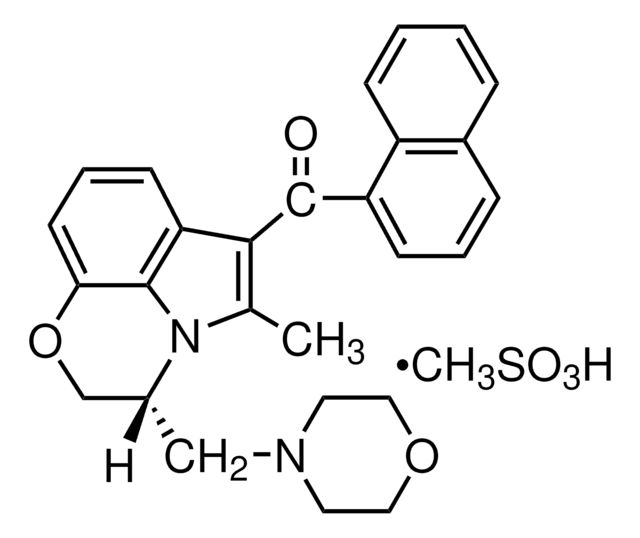
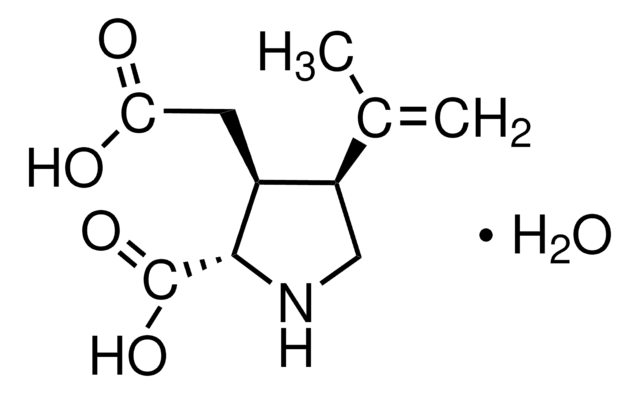
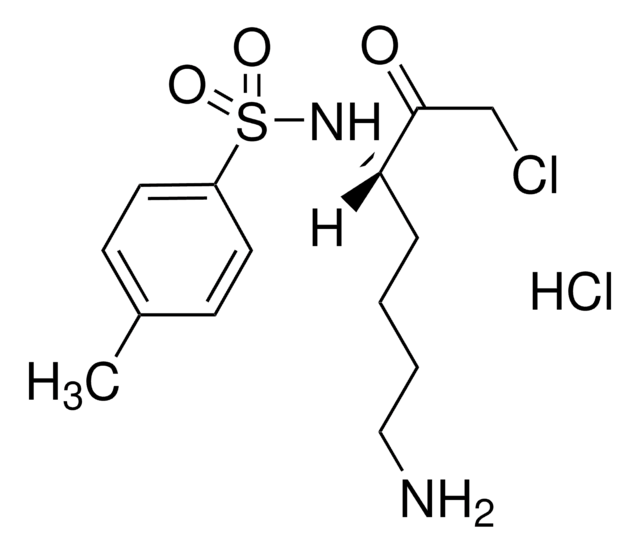
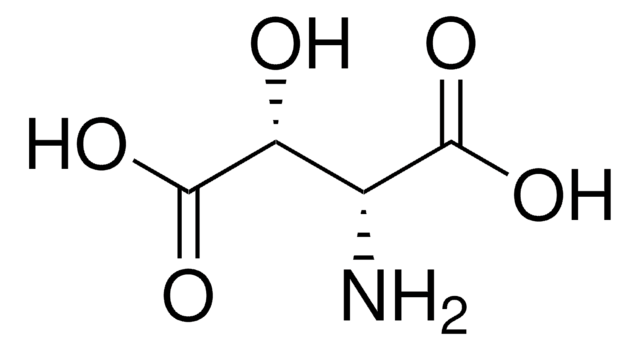
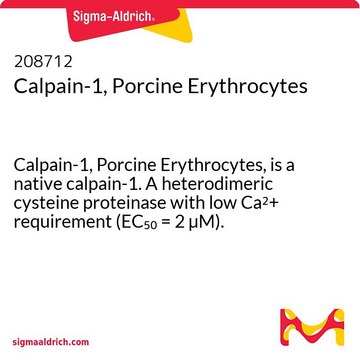
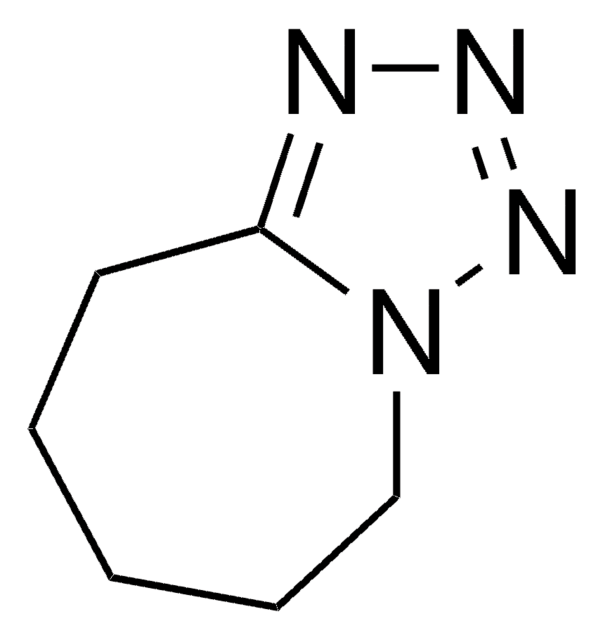
![Cucurbit[8]uril hydrate contains acid of crystalization](/deepweb/assets/sigmaaldrich/product/structures/281/346/2a1240af-8d5f-480f-a051-aa5f7a33f3ab/640/2a1240af-8d5f-480f-a051-aa5f7a33f3ab.png)

